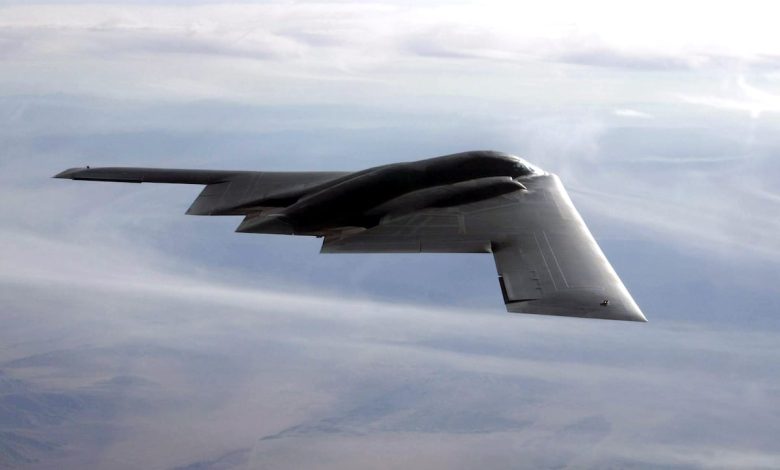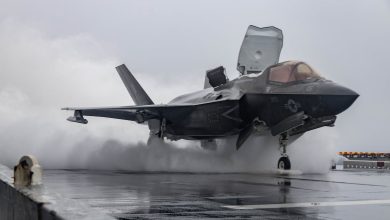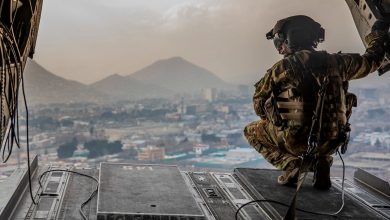B-2 stealth bomber completes maintenance in record time

The B-2 stealth bomber “Spirit of Nebraska” set a new maintenance record, the Air Force announced Monday.
The bomber is ready to stalk the skies after its scheduled tune-up finished 91 days ahead of schedule on Oct. 15.
Before the new record, the bombers took 470 days for programmed depot maintenance, or PDM, which occurs every nine years and focuses on repairing the bomber and its stealth materials.
This time around, “Spirit of Nebraska” only took 379 days, thanks to updates to the Air Force Life Cycle Management Center’s Bombers Directorate made to the approach.
“Bringing these jets into PDM, getting the work done quickly, and delivering them back to the warfighter early is a big deal,” said Col. Francis Marino, a B-2 system program manager who serves in the Bombers Directorate.
RELATED
The Directorate reduced maintenance time by bumping the fuel inspection up earlier in the process so it takes place at the beginning of the repair.
“In the past, if an inspection identified a fuel leak, the team would have to pull parts and materials back off the aircraft, repair the leak, and redo previous work, often causing a 45-day delay,” the Air Force said.
The Air Force also began conducting preinspections before the aircraft underwent maintenance, which allowed the service to identify problems earlier.
“Until the B-21 is fielded, the B-2 is the world’s only long-range penetrable strike bomber and the only aircraft that can do what we need it to do today,” Marino said.
Marine noted it’s important to continue to invest in the bomber, especially as adversaries constantly update their weaponry across the electromagnetic spectrum.
The first B-2 was rolled out in 1988, and its first flight followed soon after on July 17, 1989. The bomber, which can skate through enemy defenses undetected due to its reduced radar signature, is capable of delivering lethal munitions, including nuclear warheads.
There are currently 20 B-2 bombers in circulation, with one of them being a test plane.
Riley Ceder is an editorial fellow at Military Times, where he covers breaking news, criminal justice and human interest stories. He previously worked as an investigative practicum student at The Washington Post, where he contributed to the ongoing Abused by the Badge investigation.
Read the full article here







